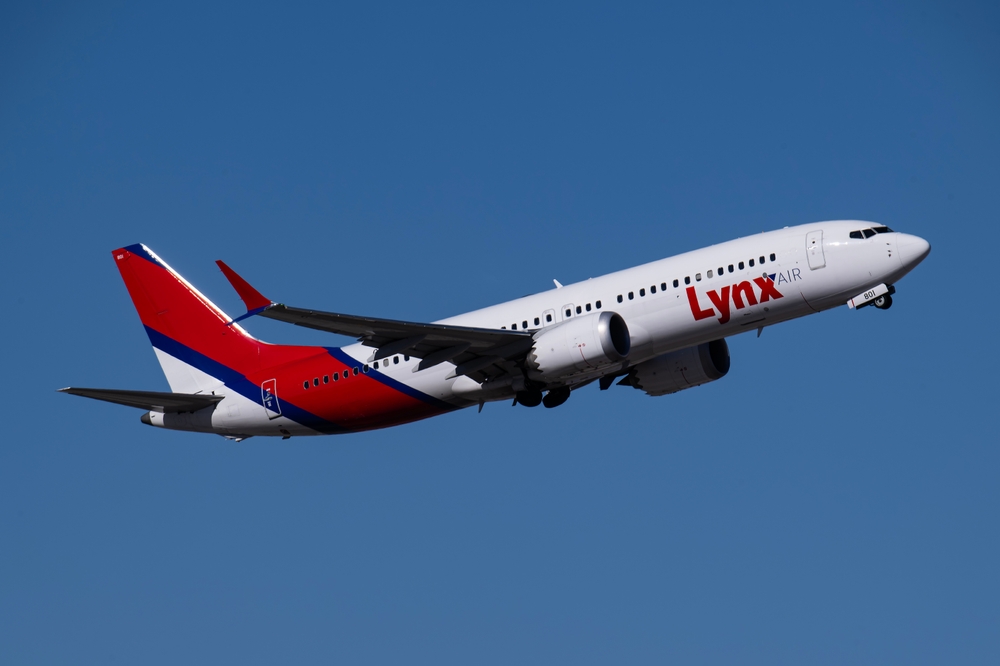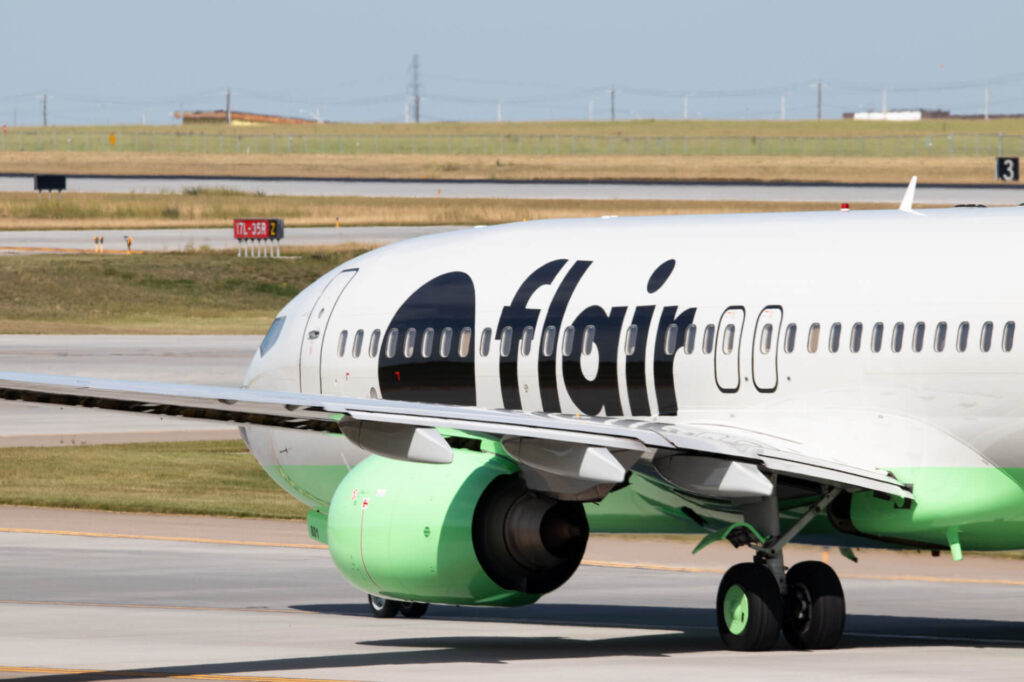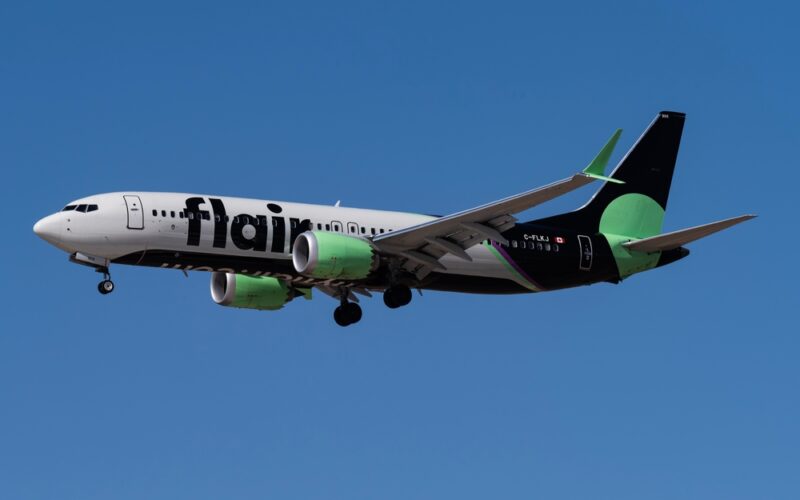In a market where competition is high and airlines are finding the going tough, industry rumors are rife that an announcement of a merger between Canadian low-cost carriers Lynx Air and Flair Airlines could be imminent. Although such rumors have been around in Canada for some time, full details of an agreement are expected to be revealed before the end of February 2024, according to reports.
Canadian media first mooted the possibility of a merger between the two budget carriers at the start of February 2024, while The Toronto Star newspaper has cited three industry sources that have each said that a finalized deal is “almost done”. The agreement would effectively see Edmonton-based Flair and its 20-strong aircraft fleet take over Calgary-based Lynx, which operates nine aircraft.

Many observers opine that the current Canadian budget air travel market cannot sustain the current number of low-cost carriers currently operating. Additionally, both Flair and Lynx are offering fares that experts say are “unsustainable” in the long run. While WestJet shut down their low-cost offshoot Swoop in October 2023, fledgling carrier Canada Jetlines also competes in the same market segment. While the latter operates just three A320s for the time being, it has plans to grow to 15 by the end of 2025.
Flair is partly owned by Miami-based private equity firm 777 Partners, while Lynx is partly owned by Phoenix-based Indigo Partners. 777 Partners holds a stake in Australian budget carrier Bonza, among its other investors. Indigo has extensive low-cost airline experience, having stakes in several other airlines including US-based Frontier Airlines, Mexico’s Volaris, and Hungarian ULCC Wizz Air. Despite this, both Flair and Lynx meet Canadian ownership regulations.
Since its inception in June 2023, Lynx has been modestly growing its fleet and route network. Flair, on the other hand, has had a more troubled journey since it first started flying in 2006.
It has been forced to make changes to its ownership and board composition to meet Canadian ownership rules, and in March 2023, had four of its Boeing 737s seized by an Irish leasing company, Airborne Capital, that claimed it had fallen behind on payments. A $50 million lawsuit is currently ongoing in the Candia courts between the leasing firm and the carrier. Compounding its issues, in November 2023, Flair was ordered by the Canadian Revenue Agency (CRA) to pay CAD$67.2 million (in unpaid aircraft import duties. The order, although backed by the potential seizure of assets that could include aircraft, the CRA described this as “a last resort.”

In a recent press conference held by Flair Airlines CEO Stephen Jones, when asked about the merger rumors, he declined to comment any further. During the same event, Jones stated that despite the issues being faced by the carrier in 2023 Flair canceled a smaller percentage of flights than any other Canadian carrier and posted the second-best on-time performance for any Canada-based airline for the year. In 2023, Flair carried 4.5 million passengers, an increase of 1.5 million more passengers than in 2022.
According to ch-aviation, Flair’s existing fleet consists of a pair of Boeing 737-800s plus a further 18 737 MAX 8s, although two of these are currently leased out to sister airline Bonza. The current Lynx fleet is made up of nine 189-seat 737 MAX 8s with an average age of 2.9 years.

